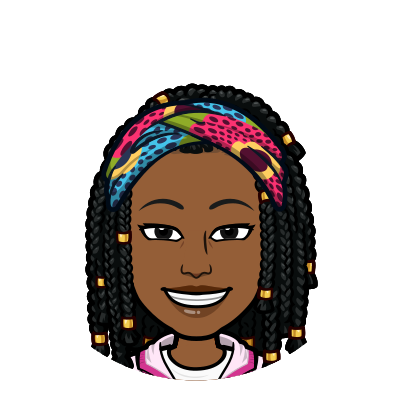|
One of the worst things imaginable is waking up early, especially on days where you are allowed to sleep in. You spend hours tossing and turning, hoping sleep will eventually happen, except it doesn’t. If you have ever experienced waking up too early for your liking, you are not alone. Up until recently, I spent years waking up at 4:00 in the morning, even on weekends. This was especially bad since I ended up going to sleep too early. Some people who don’t experience this might see this more as a blessing than a curse because they are unable to wake up early without an alarm clock. However, waking up too early can be detrimental to one’s health, especially because a good chunk of teenagers go to sleep very late. Waking up too early was something that I absolutely hated about my body. Sure, I can brag about being able to rise before my alarm, but that doesn’t mean that I want to be up and about at that time. Problems that have occured to me waking up too early include:
In order to understand our bodies, and why we arise too early in the morning, it is essential that we learn about our circadian rhythm. A circadian rhythm includes physical, mental, and behavioral processes that occur in a 24-hour cycle. A healthy circadian rhythm allows you to go to sleep and wake up at consistent times. However, you still need to aim for 7-9 hours of sleep per night. Finding a good circadian rhythm for me took years, because my body was waking up despite being constantly tired. Below, I have provided some tips that have helped me gain control of my circadian rhythm again.
Now, these may not necessarily work for you. Everyone’s body is different, so you may have to try new methods to fix your circadian rhythm. Below, I have compiled a list of even more solutions in case mine didn’t work.
Waking up early is a part of life, it is something that is necessary for everybody. However, it is possible to wake up too early. It is important to listen to your body and figure out how you can maintain a healthy circadian rhythm so you’re getting as much sleep as necessary.
0 Comments
I toss and turn as my digestive system processes the two sleeping aid pills I swallowed. My bloodshot eyes fall upon the clock—two forty-five a.m. I have an early morning shift tomorrow! My eyes are heavy; my body is sore, the house is quiet, and yet I am still awake. Argh! Typical night. Indeed, this is a typical night in the life of a student juggling school, work, and the day-to-day demands. This constant lack of sleep is referred to as insomnia. According to WebMD.com, insomnia is a sleep disorder characterized by the inability to fall asleep and/or stay asleep. It also adds that insomnia is divided into two categories. The first one is referred to as primary insomnia and includes sleep problems that are not linked to health conditions. On the other hand, secondary insomnia is for the sleeping problems caused by health conditions, including mental health. My insomnia started once I turned eighteen when duties and worries began to line up. And yet, I couldn't connect the dots. Therefore, I began to hunt for the specific cause of this condition in other areas. Was my room too hot? Did I get too much blue light and not enough sunlight? Did someone cast a spell on me? Of course not! (It's the 21st century, after all.) Thinking that the cause of my sleeplessness fell into one of these categories, I came up with some minor life changes. I spent more time outside, I turned on the A.C. before bedtime, and I left my phone in the drawer for hours. Indeed, things would get better. Drumroll, please. No result! None. Nada. I was still tossing and turning and glaring at the clock. Before falling into despair and resigning to a life of bloodshot eyes and cranky mood, I observed a specific pattern before bedtime. Every time I was going to bed, my mind started to wonder about upcoming deadlines, job searches, scholarship essays, pretty much everything that would bring me down. It didn’t take a Google search for me to realize that stress was the leading cause of my insomnia. Therefore, I threw all my sleeping aids away and started relaxation methods. Yoga, reading, listening to 80s songs, white noises; I tried them all and began to plan them after a while. And even when stressful thoughts tried to sneak their way into my mind, I sat and took a couple of deep breaths, and it’s all better. I suffered from primary insomnia, which was more related to my habits than medical conditions. This experience, though painful, taught me that sometimes a single pattern could lead to severe consequences. Now that I took control of my sleep, my eyes haven’t looked better, and people can bear to be around me. Some websites/blogs that help (they do not sponsor TWE): sciencedaily.com/news/health sleepfoundation.org |
Categories
All
|


 RSS Feed
RSS Feed
